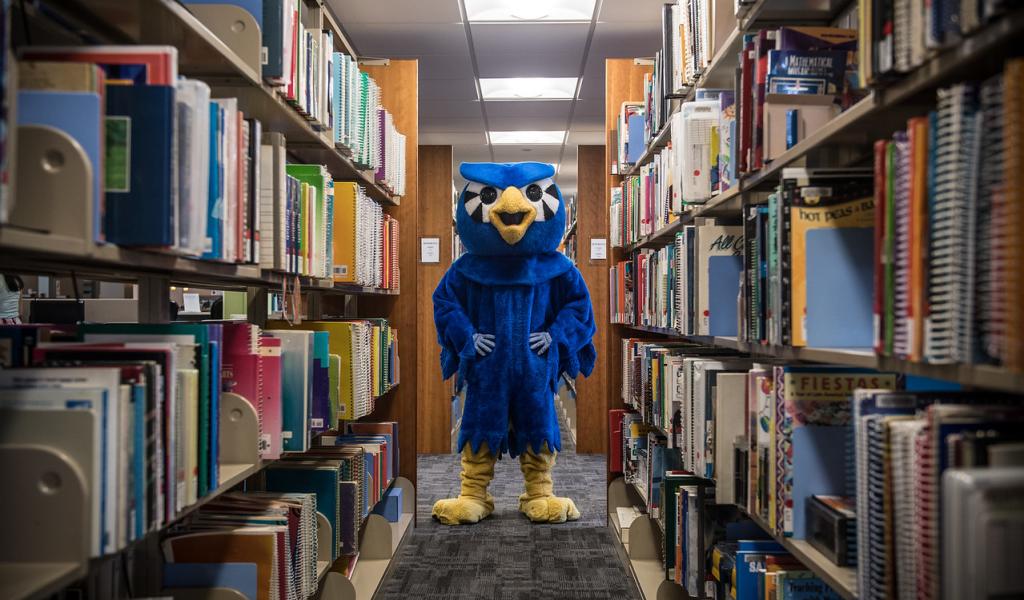
First Year Journey Course Descriptions
Spring 2026

MW 1:40-2:55 p.m.
FYJ 0101.010 A Better Tomorrow
Professor Alexandra "Ola" Smialek
MW 1:40-2:55 p.m.
Why should we care about our changing climate? Whether we see the news about natural disasters or want to focus on our own role, there is so much to be done. But how? We can work to build a better tomorrow in the places we love by tackling and understanding climate issues and natural hazards. Through targeted strategies, innovative projects, and increased awareness, our communities can become stronger and better prepared. In this class, we’ll learn what it takes to address the issues at hand, explore local efforts, and see how we all fit into this critical conversation. Whether you want to be a planner or not, this class will help you explore a topic relevant to every field!
W 1:40-4:10 p.m.
FYJ 0101.003 Sole Stories: How Air Jordans Changed the Game
Professor Seth Harwood
W 1:40-4:10 p.m.
From the hardwood to the streets, Air Jordans revolutionized more than just basketball—they transformed culture itself. In this course, we'll explore how Jordans became a symbol of identity, excellence, and artistic expression. How were they created? Who designed them? What forces collided to catapult them to the legendary status they now hold?
We'll dive deep into the origins of the Air Jordan brand, examining Michael Jordan's impact both on and off the court, and trace how these iconic shoes became intertwined with hip-hop culture, fashion, and identity. Through exploration of readings, advertising, music, film, basketball history, poetry, and sources such as Where’d you Get Those?, Out of the Box, and SLAM Kicks, we'll analyze how sneakers became statements of who we are and where we belong. What does it mean for someone to wear a certain sneaker? How did collecting and sneakerhead culture evolve to the point that secondary-market sites like StockX, GOAT, and others sell billions of dollars of sneakers every year? Using the Westfield State campus as our cultural laboratory, we'll observe how sneaker culture plays out in real time, making connections between our course materials and what we see in the world around us. Students will have the chance to personalize and invent their own sneaker designs and concepts. No sneakerhead knowledge required—just curiosity about how sports, music, and fashion intersect to create powerful cultural movements.
TTh 8:15-9:30 a.m.
FYJ 0101.001 AI Ethics in Action: Shaping Your Future Responsibly
Professer Jessica Lototski
TTH 8:15-9:30 a.m.
In an increasingly digital world, Artificial Intelligence (AI) is transforming the way we learn, work, and interact, but with great power comes great responsibility. In this engaging and interactive First Year Journey course, we will explore how to utilize AI while unpacking the ethical implications it brings. Together, we will practice using AI to research productively, enhance learning, and support critical thinking, while avoiding misuse like plagiarism or bias. Through discussions, tutorials and workshops, research and reading, hands-on projects, and reflection students will learn how to use AI tools effectively for problem-solving and career development—while upholding integrity, authenticity, and respect for original thought. Through this inquiry, we will apply strategies and explore resources to support students' transition to college as a WSU student.
TTH 12:45-2:00 p.m.
FYJ 0101.002— Collage: Organized Chaos and Campus Resources
Professor Jennifer Delgado
TTH 12:45-2:00 p.m.
In this course, we will learn more about what resources the University offers. As we do so, we will create collages that relate to and reflect on these discoveries. You will learn about the history of collage as well as varied techniques to achieve your own works of art. We will also spend time critiquing the works created in order to further understand the process. In doing so, your work will continue to improve! This will also help everyone get to know one another! We will work with departments on campus to learn about what resources are available to you. We will then use this information to create collages along these specific themes. This will be your guide as you create visual works of art. You will use art supplies, found objects, and resources in order to create your collages.
Explore What's Next
